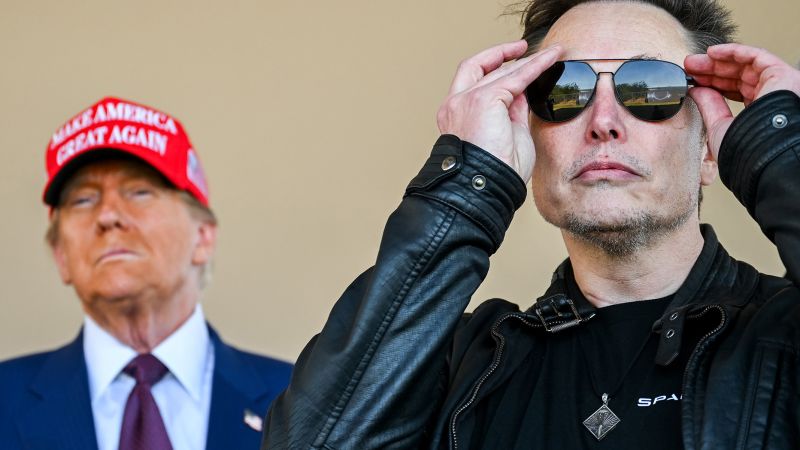[From MAGA to MEGA: Make Europe Great Again!
Elon Musk, the world’s richest man, has cast himself as kingmaker in the populist wave that is submerging multiple centrist European leaders. He has welcomed back far-right agitators banned under previous ownership and spent a quarter-billion dollars to help reelect Donald Trump as United States president.
Musk has waged a brutal and personal online campaign against Britain’s government, rallied for a far-right activist to be released from prison, and endorsed a far-right party in Germany with a staunchly nationalist platform and a string of scandals relating to some of its members’ views on the Nazi era.
A torrent of misinformation on Musk’s platform – plenty of it born from anger over high levels of migration – has unnerved Europe’s governments. Some in Britain blame it for contributing to a wave of far-right riots last summer.
European leaders have accused Musk of interfering in their affairs and promoting dangerous figures. Musk has made a gesture with his right arm on stage during a post-inauguration rally, which to some in Europe bore uncomfortable similarities to the Nazi or Roman salute used by fascist leaders in Germany and Italy.
Musk’s politics have evolved at supersonic speed since he conducted a hostile takeover of Twitter in 2022. He has described politics as a “sadness generator” and wrote: “Politics is war and truth is the first casualty.” Today, Musk is on the front lines, hailing and sharing the views of radical figures and backing fiercely anti-establishment populists around Europe.
It’s not yet clear how much sway Musk will have on Trump’s foreign policy – and that’s precisely why, for now, European governments are so uncertain about how to tackle his interventions. But his comments chime with a wider, interventionist tone towards Europe coming from the new administration, and could set up Musk for a role as an interlocutor.
Some of those who have previously advanced Trump’s interests in Europe now see Musk as an unfettered, even less polished version of the president; an agitator whose style and ambition has come to mirror Trump’s. As with Trump, opinion polls suggest Musk is unpopular across Europe.
Musk will need to build lasting alliances to have serious influence. He has already publicly fallen out with Nigel Farage, the Reform leader, who refused to back his support for jailed far-right figurehead Tommy Robinson. Reform is still hoping for a massive financial donation from Musk, but the feud has dampened the party’s optimism.
He will also face regulatory landmines. A fine, possibly reaching 6% of X’s global annual turnover, is looming once the EU completes an investigation into whether X broke rules put in place by the sweeping Digital Services Act, which regulates how the tech industry handles misinformation and illegal content on social media, as well as illegal goods and services on online marketplaces.
For now, Musk’s proximity to Trump might shield him from such scrutiny. “I don’t expect (Europe) to do too much; they don’t want to ignite a war with Donald Trump,” said Bill Echikson, senior fellow in tech policy at the Center for European Policy Analysis (CEPA) think tank. But the more entangled the tech mogul becomes in Europe’s affairs, the more strained that approach becomes. “If he is, as it looks like he is, entering politics,” said Chi Onwurah, the Labour lawmaker who heads the parliamentary Science, Innovation and Technology Committee, “then as part of that, you have to listen as well as talk.”
Source link

